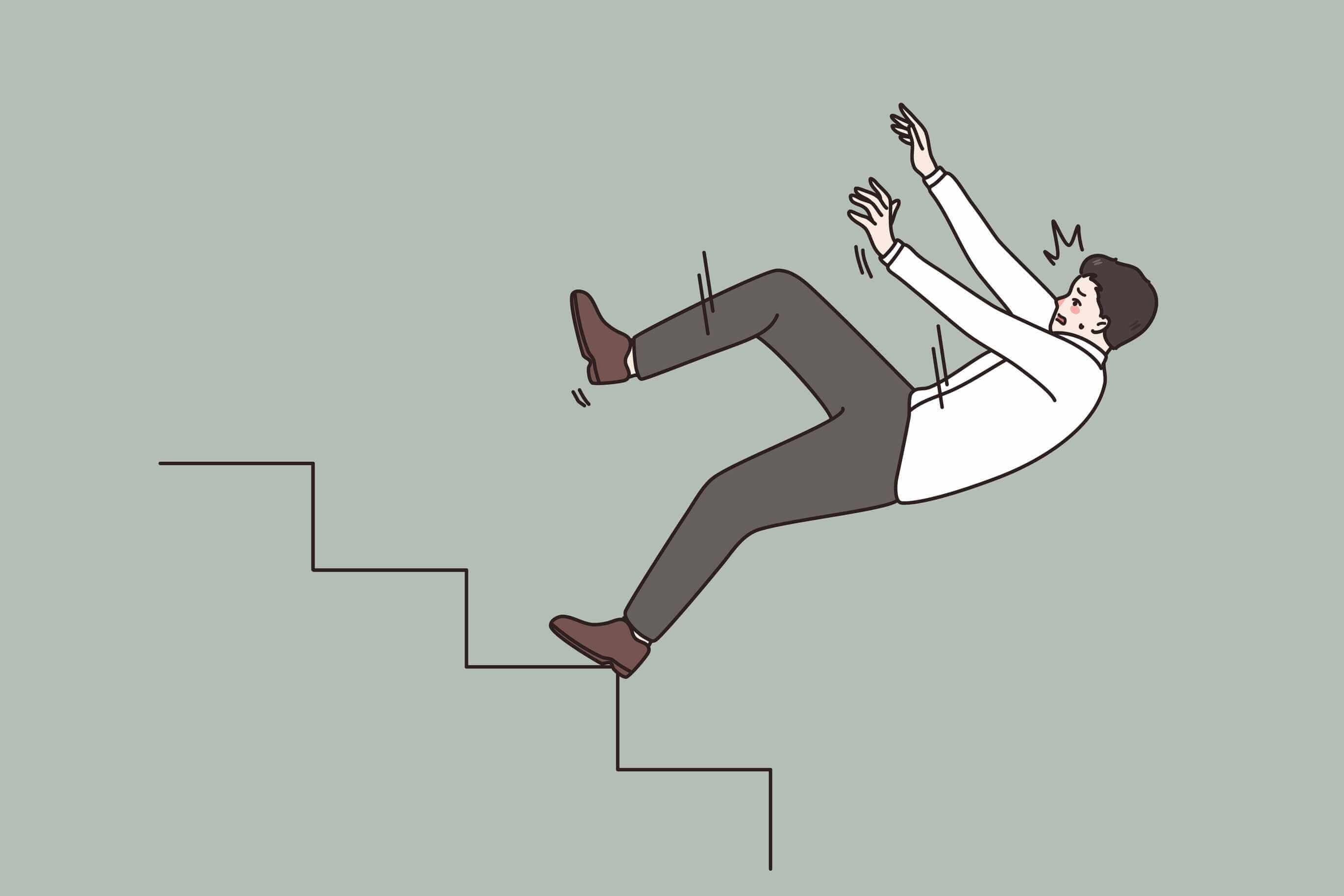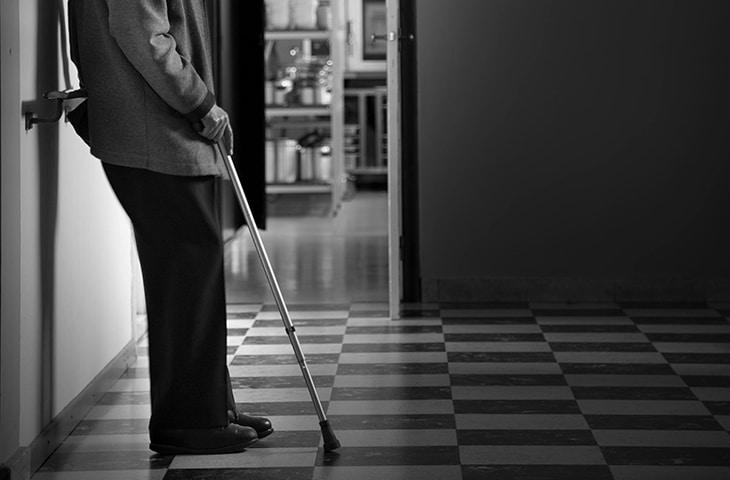Risk Of Fall With Device-based Advanced Treatments In Parkinson's Disease: A Systematic Review And Network Meta-analysis

J Neurol Neurosurg Psychiatry. 2024 Nov 21:jnnp-2024-334521. doi: 10.1136/jnnp-2024-334521. Online ahead of print.
ABSTRACT
BACKGROUND: Deep brain stimulation (DBS) and infusion therapies are effective treatments for the motor complications of Parkinson's disease (PD), but less established is their role in fall prevention. This systematic review and network meta-analysis (NMA) aimed to evaluate the risk of falls associated with advanced therapies in PD.
METHODS: Following PRISMA-NMA (Preferred Reporting Items for Systematic Reviews and Meta-Analyses for Network Meta-analyses) guidelines, we searched PubMed, Medline, Embase and CINAHL up to 20 March 2024. Eligibility criteria based on PICOS (Population Intervention Control Outcome Study design) framework were used for DBS of the subthalamic nucleus (STN) or globus pallidus pars interna (GPi), or infusion therapies, compared with best medical treatment (BMT) or sham stimulation. Pairwise meta-analysis was conducted using RevMan V.5.4, and NMA using the netmeta package in R software.
RESULTS: Fourteen studies were included. A higher number of falls were observed in the DBS group compared with BMT, although the difference was not significant. Sensitivity analysis excluding a heterogeneity-contributing study showed a significantly higher fall risk in the DBS group (Risk Ratio (RR)=2.74, 95% CI 1.60, 4.67, p=0.0002). Subgroup analyses indicated that levodopa-carbidopa intestinal gel tended towards increased fall risk, while continuous subcutaneous infusion of (fos)levodopa (CSCI) significantly decreased risk with high certainty of evidence. NMA showed CSCI as the most effective in reducing falls, while STN DBS was associated with the highest risk.
CONCLUSIONS: DBS, especially targeting the STN, may increase fall risk compared with other advanced non-DBS procedures. While LCIG might not alter fall risk, preliminary evidence suggests that CSCI positively affects fall prevention.
PROSPERO REGISTRATION NUMBER: CRD42023420637.
PMID:39572210 | DOI:10.1136/jnnp-2024-334521


